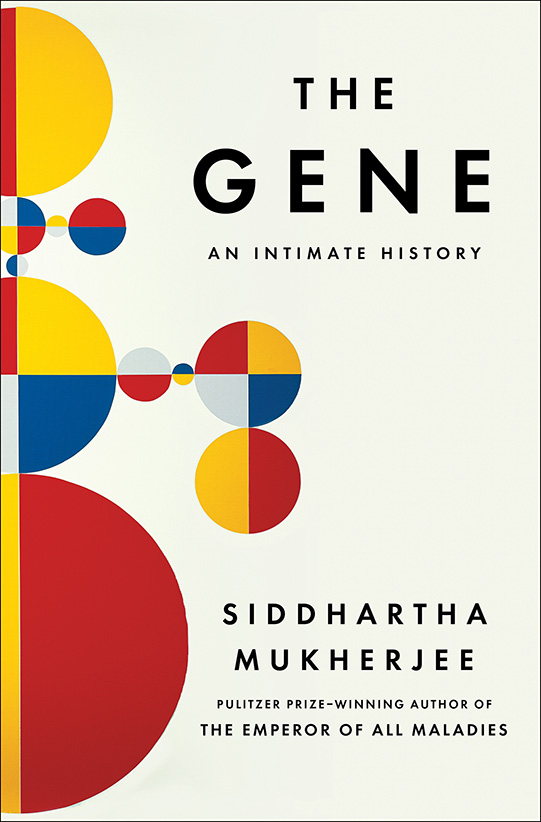Siddhartha Mukherjee’s intimate history of the gene
The author of The Emperor of All Maladies gives us a new book that’s beautifully written and deeply personal
Share
 THE GENE
THE GENE
By Siddhartha Mukherjee
In 2010, oncologist Mukherjee released his Pulitzer Prize-winning The Emperor of All Maladies. A sweeping “biography” of both cancer and of our understanding of it, the book explained how cancer is us, and how our genetic inheritance, wracked by time and chance, will eventually bear us away, even if we escape all other perils. Now Mukherjee has tackled that inheritance itself, in a book as beautifully written and as deeply personal. Two of Mukherjee’s uncles and a cousin suffered from mental illnesses. His family history is sobering enough for him to have warned his prospective wife, in case she too should fear—as did Mukherjee’s own father—that “some kernel of illness may be buried, like toxic waste” in the Mukherjee men. (She married him anyway.)
That sense of the personal infuses Mukherjee’s history of the quest to understand humanity’s primal code, the instructions that rule our form, our function and, more than we would wish, our fate. Darwin considered contemporary science’s ignorance the ultimate weak spot in his theory of evolution, mostly because the key figure in working it out was an obscure monk labouring with pea plants in a Czech monastery. But once Gregor Mendel’s experiments became known a century ago, the science of genetics was launched. In the 21st century the human genome was decoded: 20,687 genes, only 1,796 more than a worm, 25,000 fewer than rice. Size doesn’t matter, Mukherjee dryly notes: “It’s not what we have; it’s how we use it.”
And launched too, were the politics of genetics. The sordid history of eugenics, and not just in Nazi Germany, gets its due treatment in Gene—it’s not yet been 90 years since Oliver Wendell Holmes Jr., writing for the U.S. Supreme Court and declaring that, “Three generations of imbeciles is enough,” permitted the forcible sterilization of Carrie Buck. But Mukherjee’s focus is on the here and now. There are three huge genetic projects on the near horizon. First, to determine what exactly is being encoded, how does it all work together; second, how do we recombine genetic material with precision; third, the mechanics of doing so. Then humans will have the ability—and, we may decide, the responsibility—“to read and write our selves, ourselves.” Given the moral issues and the fact it is mutations that make our genome “poised to evolve and designed to survive,” Mukherjee concludes, that moment of stewardship will be our ultimate test as a species.